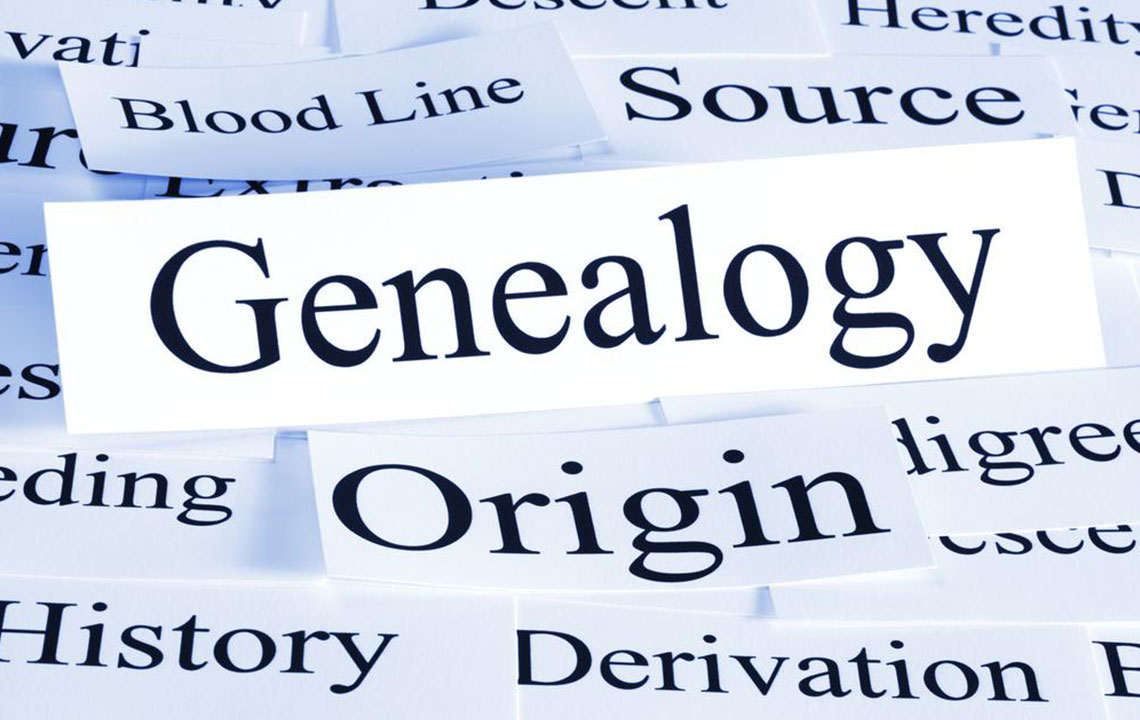Unlocking Family Secrets Through Court Records: A Comprehensive Genealogical Guide
Discover how court records can unlock your family history. Learn to access adoption, divorce, naturalization, and probate documents, plus case files, dockets, minutes, and orders. Start exploring local and federal courthouses to uncover vital ancestral details and build an authentic family timeline with confidence.

Utilizing Court Documentation for Family History Research
Exploring your ancestry often involves gathering key details like residence histories, employment backgrounds, citizenship statuses, and familial connections. While oral stories offer hints, they may lack precision. For accurate data, court records are invaluable tools. Accessible at local courthouses or online, sometimes with fees, these records detail adoptions, divorces, naturalizations, and estate settlements—crucial for constructing a detailed family timeline. Court files, dockets, minutes, and orders deepen insights into ancestors’ legal lives and personal histories.
Adoption Documentation
These files include vital info about adopted individuals, such as original names, biological, and foster parents. Access often requires a court order, and typically, only the adoptee can request these documents. Due to their sensitive nature, genealogical research alone may not grant access.
Divorce Files
Divorce documents detail spouse names, birth details, children, marriage date and location, and reasons for separation. To view or obtain copies, submit a formal request to the local courthouse with proof of relationship and case specifics.
Naturalization Files
This category includes citizenship applications, petitions, and certificates issued by immigration authorities or courts. Requests can be made through the INS or local courts using Form G-641. Early records may only be available at the court where naturalization occurred, especially if not archived by the INS.
Estate Files
Providing clues to an individual’s final wishes, estate records include wills, assets, and heirs, essential for confirming family ties and understanding estate distributions after death.
If ancestors faced legal actions, consider exploring:
Case Files
Found via docket numbers or case identifiers, these contain testimonies, evidence, depositions, and correspondence.
Dockets
These list scheduled hearings, involved parties, case numbers, and document titles organized chronologically by case type.
Minutes
Recorded by clerks, these logs detail court proceedings and are especially useful when docket info is limited.
Orders
Legal decisions and case summaries, including naturalizations, guardianships, or property transfers, stored at local courthouses.
Begin your genealogical exploration by visiting local courthouses. For federal or state cases, contact the relevant courts relevant to your ancestors’ jurisdiction. Sometimes, in-person visits or written requests are necessary, especially for sensitive or distant records.
Note:
Our blog provides valuable research tips and insights on various topics. Please consider this information for guidance rather than definitive answers. We do not guarantee external data accuracy or cover every resource or legal process involved in genealogy research. Some procedures or court systems may not be included here.


